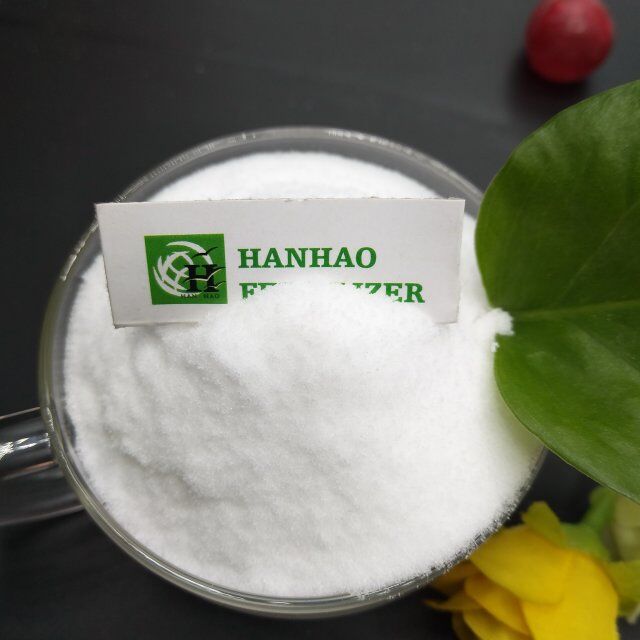
Sep . 24, 2024 19:46 Back to list
phosphate fertilizer
The Importance of Phosphate Fertilizer in Agriculture
Phosphate fertilizer plays a critical role in modern agriculture, providing essential nutrients that help cultivate healthy crops and increase agricultural productivity. As the global population continues to rise, the demand for food has intensified, necessitating a deeper understanding of the various inputs that contribute to successful farming. Among these inputs, phosphate fertilizers stand out due to their significant impact on crop yield and quality.
The Role of Phosphorus in Plant Growth
Phosphorus is one of the three primary macronutrients required by plants, alongside nitrogen and potassium. It is vital for several physiological processes, including energy transfer, photosynthesis, and nucleic acid synthesis. Phosphorus is also a key component of ATP (adenosine triphosphate), which is crucial for energy transfer within plant cells. Insufficient phosphorus levels can lead to stunted growth, delayed maturity, and poor fruit and seed development.
Moreover, phosphorus influences root development and enhances the plant's ability to uptake other nutrients and water. Strong root systems lead to improved plant hydration and nutrition, ultimately contributing to healthier crops and better yields. Therefore, farmers often consider phosphate fertilizers imperative for ensuring robust crop health.
Types of Phosphate Fertilizers
Phosphate fertilizers can be categorized mainly into two types natural and synthetic. Natural fertilizers, such as bone meal and rock phosphate, have been used for centuries, while synthetic fertilizers have become more prevalent due to their effectiveness and ease of application. Among synthetic fertilizers, monoammonium phosphate (MAP) and diammonium phosphate (DAP) are among the most commonly used, providing a readily available source of phosphorus for crops.
Each type of phosphate fertilizer has its advantages and suitable application methods. For instance, MAP is highly soluble, making it an excellent choice for early-season applications when crops are just starting to grow. DAP, on the other hand, is preferred for a wide range of crops due to its balanced nutrient profile that delivers both phosphorus and nitrogen.
phosphate fertilizer

Environmental Considerations
While phosphate fertilizers are crucial for maximizing agricultural output, their use must be managed carefully due to potential environmental concerns. Over-application of phosphate fertilizers can lead to runoff, which may contaminate waterways, causing eutrophication. This process results in excessive growth of algae in aquatic systems, depleting oxygen levels and harming aquatic wildlife.
To mitigate these environmental risks, farmers can adopt best agricultural practices, such as conducting regular soil tests to determine the appropriate fertilizer application rates, utilizing buffer strips to minimize runoff, and employing precision agriculture technologies. Such measures not only enhance the sustainability of farming practices but also ensure that crops receive the necessary nutrients without compromising environmental health.
The Economic Impact of Phosphate Fertilizers
Phosphate fertilizers also have notable economic implications. The increased crop yields obtained through the application of these fertilizers can lead to higher profits for farmers. In regions where soil phosphorus levels are low, the addition of phosphate fertilizers can substantially boost productivity, ensuring a stable food supply in the face of growing demand.
Moreover, the global phosphate fertilizer market is an evolving sector, with advancements in production technologies and innovations in fertilizer formulations driving growth. Countries rich in phosphate rock, such as Morocco and the United States, play a significant role in the global supply chain, influencing prices and availability.
Conclusion
Phosphate fertilizers are essential components of modern agriculture, significantly enhancing crop production and ensuring food security in an ever-growing world. By supplying vital phosphorus to crops, these fertilizers enable farmers to achieve higher yields and better-quality produce. However, responsible management and application practices are crucial to minimizing environmental impacts. As the agricultural sector continues to evolve, the role of phosphate fertilizers will remain central to sustainable farming practices, driving innovation and efficiency in food production.
-
10 10 10 Fertilizer Organic—Balanced NPK for All Plants
NewsJul.30,2025
-
Premium 10 10 10 Fertilizer Organic for Balanced Plant Growth
NewsJul.29,2025
-
Premium 10 10 10 Fertilizer Organic for Balanced Plant Growth
NewsJul.29,2025
-
Premium 10 10 10 Fertilizer Organic for Balanced Plant Growth
NewsJul.29,2025
-
50 Pound Bags of 13-13-13 Fertilizer for All Plants – Bulk & Organic Options
NewsJul.28,2025
-
High-Efficiency 15-30-15 Granular Fertilizer for Healthy Crops
NewsJul.28,2025
